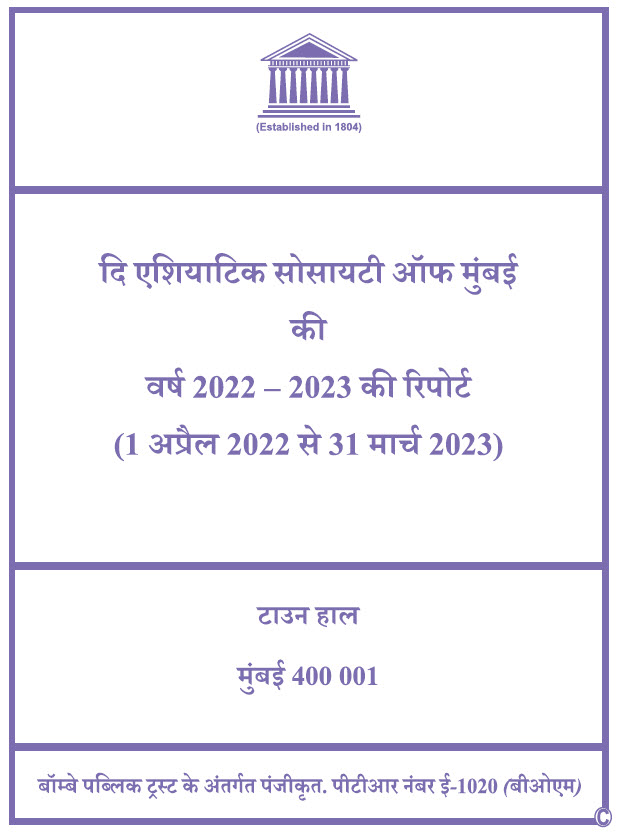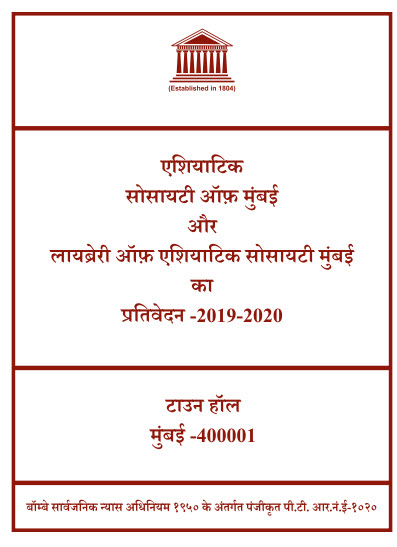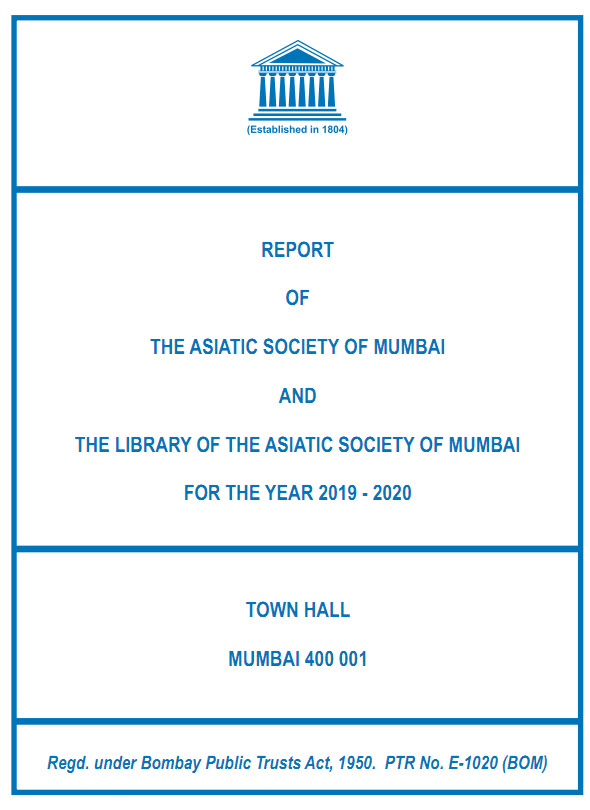
Professor J. V. Naik
1934–2019
The Asiatic Society of Mumbai mourns the demise of Professor J V Naik, the Chairman of the Board of Trustees of the Asiatic Society of Mumbai who passed away in the wee hours of 22 July 2019.
Born on 14 May 1934 in Goa, Professor Naik acquired his early education in Goa. A native of Goa, Professor J V Naik completed his post-graduation in history from the University of Bombay in 1960. He began his teaching career at the Elphinstone College in 1960 and also taught at the Government of Maharashtra Ismail Yusuf College. He retired as Professor and Head of the Department of History at the University of Mumbai ending a teaching career of thirty-five years. He was the General President of the Indian History Congress in 2007, the highest honour accorded to an Indian historian by his fellow practitioners. He also presided over sessions of the Akhil Maharashtra Itihas Parishad (2006) and the Konkan Itihas Parishad (2011). In 1982, Naik was a Fellow of the Shastri Indo-Canadian Institute at the University of Toronto; he was also UGC Visiting Fellow at the M S University of Baroda (1991) and Shivaji University, Kolhapur (2000-2001). Professor Naik has been associated with numerous history and research organizations in various capacities – Indian Council of Historical Research, Raja Rammohun Roy Library Foundation, Mani Bhavan Gandhi Sangrahalaya, University Grants Commission, National Book Trust, and the Asiatic Society of Mumbai, with which his association goes back to over half a century.
Professor Naik has written extensively in English and Marathi on the history of Mumbai, Maharashtra, and western India. His research papers have been published in a number of research journals and as contributions to edited volumes. A selection of his research papers was published in 2016 by the Asiatic Society of Mumbai under the title The Collected Works of J V Naik: Reform and renaissance in nineteenth century Maharashtra. The book has been hailed as an “excellent introduction to the history of the emergence of modernity and its key figures in 19th century Maharashtra.”
Not only was Professor Naik the doyen among Mumbai historians, he also nurtured two generations of students with his astute guidance and unstinting co-operation, many of whom have gone on to become reputed historians. Rigorous in his research, Professor Naik strongly believed in the credo “No source, no history.” He indefatigably tracked down hitherto unknown primary source material and many of his essays are a testimonial to this fact. Professor Naik’s historical writings, his principle legacy, will be indispensable for the study of modern Maharashtra.
His gentle and erudite personality will be missed by his colleagues friends and students.



















